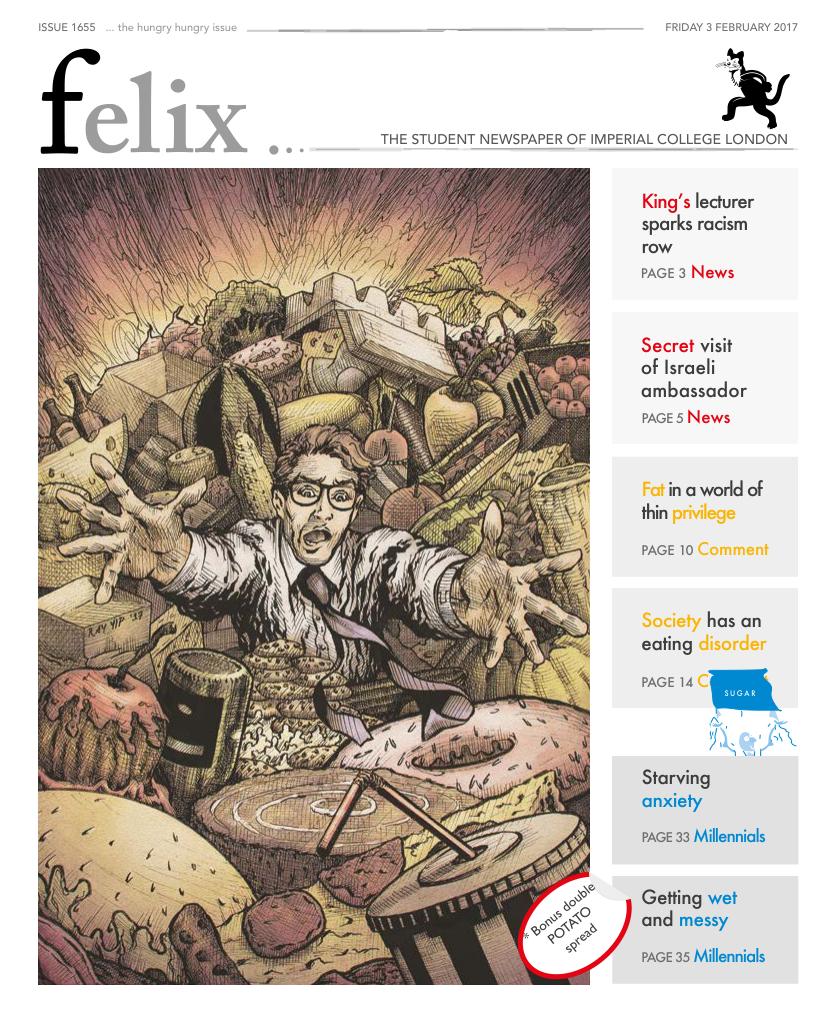Does Trump’s presidency signal the start of a ‘post-truth’ era in science?
If you're looking for alternative facts please go away

You know something is seriously wrong in the scientific community when you hear “post-truth” and science put together. Indeed, this term, coined international word of 2016 by Oxford dictionary has recently been appearing in headlines worldwide as a new way of thinking about science in this new world we live in. A world in which – post-truth defenders claim – objective facts are less influential in shaping the public than emotional appeals. Many see the election of Trump, despite his dismissal of what we often see as clear-cut science facts (see vaccination and climate change) as an exemplification of this new world order. They see it as a time of crisis in the science community, brought about by the ongoing war between the educated liberal left and the ignorant conservative right, and an opportunity to reform it. Some even venture to claim that science is partially responsible for this change in world order. Even before the US election, Nature magazine columnist Colin Macilwain stated, “If Donald Trump were to trigger a crisis in Western democracy, scientists would need to look at their part in its downfall”. Has science become out of touch with society, or vice-versa? Is 21st century science really post-truth? A little analysis on the nature of scientific enquiry itself helps to answer these questions.
Firstly, to claim that science is gearing towards the post-truth implies two things: that scientific knowledge is true and that, throughout history, scientific truths have been readily accepted by society. Most philosophers, however, including one of the 20th century’s leading ones, Thomas Kuhn, agree that science does not present truths but paradigms – set of conventions by which knowledge builds in an orderly fashion to complete a certain world view established by a founding figure – say, Newton or Darwin. Inherent in definition is the fact that revolutions happen, and therefore paradigm shifts occur when new theories are substantiated with sufficient evidence, such as Einstein’s theories overthrowing Newton’s and redefining most of physics. The development of the theories behind atoms, the Solar system or gravity all exemplify this changing nature of scientific knowledge- there is no truth, just theories substantiated with enough evidence until the next Rutherford, Copernicus or Newton came along with better experiments to perfect upon them.
It is also a bit ridiculous to claim that this “post-truth” idea is a new thing in the world of science. Theories, no matter how well-backed up, have historically taken real revolutions, defiance and lives to become integrated into popular knowledge. Alfred Wegener died thirty years before his theory of continental drift became part of mainstream science. Aristachus’ work on the Heliocentric theory, dating as far back as ancient Greece, would stay forgotten for almost two millennia until Copernicus came along, who then again saw rejection from most of the scientific community during his lifetime. Darwin has a Galapagos-sized amount of evidence and yet public schools in 14 states in the US still don’t mention his evolutionary theory in their curriculum. Galileo Galilei spent the latter part of his life under house arrest by the Roman Inquisition for supporting geocentrism. Talk about 21st- century post-truth to them.
Those defending that science needs a reform in current times point out that science has become out of touch with society. It seems to me however, that never has it been more in touch. A rapidly increasing proportion of scientific papers are freely available online, university websites are overflowing with information about current research and there’s a magnificent infinite online encyclopedia called Google to answer everyone’s questions. It takes a two minute YouTube video to understand the concept of climate change and the mountain of evidence behind it.
The real problem is not that society does not understand science, or believe that scientists should hang around in their labs all day and write about their feelings, but that science does not always suit everyone’s interests. Same as evolution didn’t do great things for Christianism ideologically, climate change doesn’t mean great things for the industries economically. Trump is not repealing climate protection policies because scientists are failing to present evidence, but because burning coal is cheap. Blaming science is not the answer, protesting against the “inconvenient-facts-avoiding” is.









